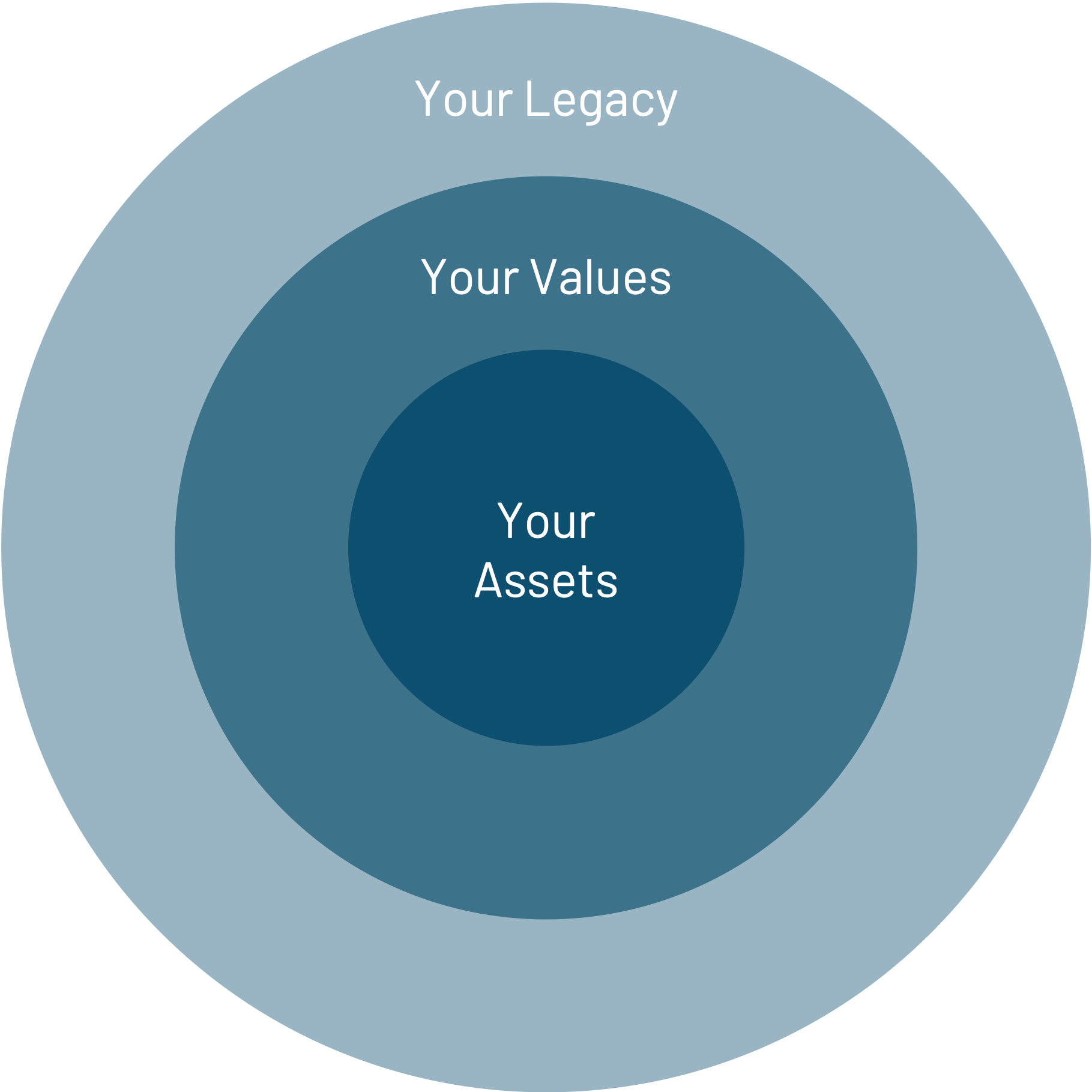Assets, values, legacy: Making room for the next generation
Summary: Tips to consider when preparing to pass your farm down to the next generation.
Every year, thousands of young people leave the American countryside, bound for life as an urbanites. Between 2019 and 2020 alone, the rural population of the United States decreased by 350,000, while the urban population increased by 2.25M1. This phenomenon has been well documented over the years and even has a quippy buzzword–“brain drain2.”
There are many reasons why the next generation is deciding to leave the farm. Industry consolidation. Job prospects. Risk appetite. More income and benefits. Proximity to really good Mexican food.
But, if you find yourself lucky enough to have kids who may be interested in taking over the family farm, or lucky enough to be in a position where a farm is being handed down to you, you’re likely wanting the transition to be as smooth as possible—who doesn’t?!
So, how do you create a farming operation that will make the next generation want to come back? Every farm and family dynamic is unique, but the key is to approach the opportunity with intentionality.
When a farm is handed over, consider that there is more to hand over than just the assets. Of course, divvying up land, equipment, and cash is a major component of the intergenerational farm handoff, but farms also come with values and legacy expectations that can benefit the transition when they are communicated clearly. Think of it like this…

Assets
The assets form the innermost core of the operation. You can’t put in a crop without a planter or land to grow it on. Handing over farming assets is mission-critical to the continuation of the day-to-day business. Being clear about who’s getting what assets and why, and if there are any expectations around how the assets will be used, can reduce clumsiness in the handoff.
Values
Beyond the assets, there are values that the previous generation carries with them—these may come with a certain set of expectations as regards the next generation. For example, one generation may place a high value on religion and therefore choose not to work on Sundays. Or, they may place a high value on education and set aside a portion of farm income for a scholarship at the local school. If values are not clearly communicated between farm stakeholders, tensions can rise, especially if the incoming generation is not allowed the appropriate time and space to consider whether these values apply to them, or how they might bring their own new values to the farm.
Legacy
And enveloping both assets and values is legacy. The act of passing down a farm is laden with legacy, and yet it’s not often discussed with intentionality. Each generation takes over the farm with an idea of the legacy that came before them and the one they’d like to leave. Perhaps your grandfather’s legacy remembers him as the one who aggressively grew the farm, allowing it to support an extended family. Perhaps your father’s legacy is that he helped the farm survive the 80’s farm crisis through careful and calculated risk-taking. To hand over a farm that you’ve celebrated and sacrificed for is no small feat, but each generation must be given the space and time to decide how they want to carry on (and build upon) the farm’s legacy—without it, you risk the next generation losing connection, passion, and potentially interest in the operation.
These topics can be tricky to discuss—it’s important to keep in mind that no one person in the operation has all the answers. A farm handoff should be a conversation—open, constant, and honest. There are resources farmers can access to help guide them toward a more intentional generational shift, such as succession advisors, family counselors, and reading materials.
If you’re researching how best to set up your farm for multi-generation success, consider leaving a legacy of sustainability. By enrolling your farm in a carbon farming program, you can start getting paid to improve soil health, plant resiliency, and operational profitability. These benefits won’t just appear overnight, but if you begin this season, you’ll be setting your family farm up for success for many, many seasons to come.
Interested in how much you can make carbon farming this year?
About the Author: Lauren Riensche is a Carbon Product Marketing Manager at Indigo and a sixth-generation corn, soy, and wheat farmer from Northeast Iowa. She holds a Sociology degree from the University of Chicago and has spent her career focused on the juxtaposition between agricultural traditions and innovations.


